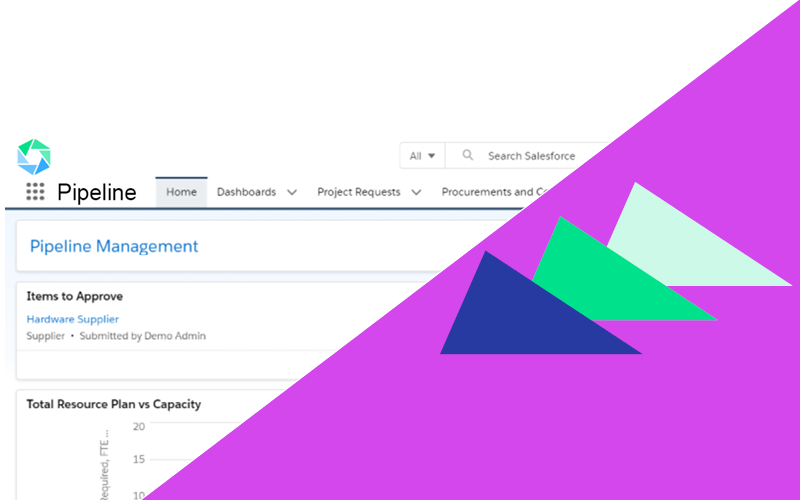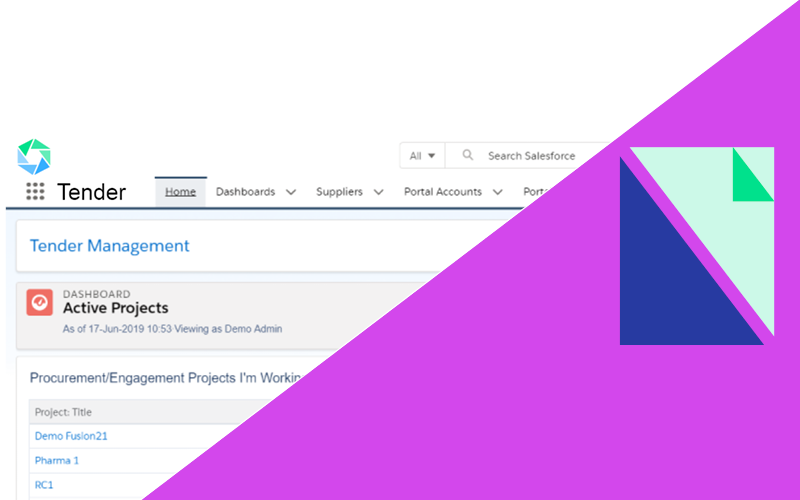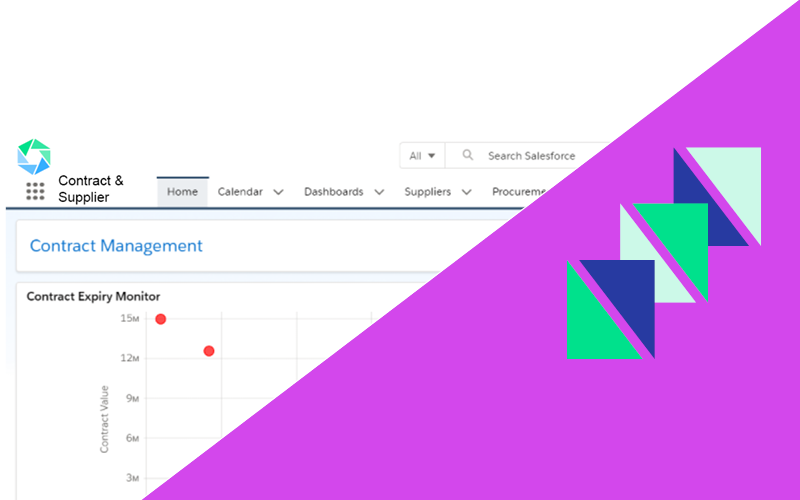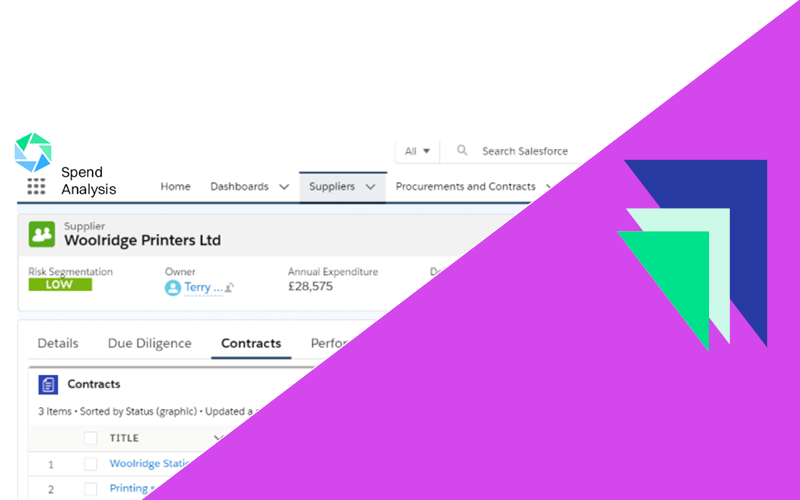Organisations responding to the COVID-19 pandemic by cutting back on procurement activity are in danger of creating long-term set-backs. Goods and services are procured in order to make organisations function better so getting your procurement process right has actually never been more critical. Coronavirus has devastated businesses across the globe, and experts are predicting the worst recession in peacetime to hit in the near future. As companies look to cut costs to survive and establish a recession-proof supply base, procurement has an opportunity to play a pivotal role in managing the impact of the virus, starting with the tender process.
Private Sector procurement can learn from the response to the virus in the Public Sector. Heavy regulation in the public sector was often a barrier to agile procurement. To counter this, the Government has introduced emergency measures for the procurement of urgent goods and services such as medical equipment during the pandemic. In situations of extreme urgency, there are several options for circumventing the usual procurement rules. These include accelerated timescales and making direct awards of contracts. Not all Private Sector organisations are burdened with the same level of regulation, but the principle of improving efficiency in the procurement process still applies.
Improving your tender process
Outside these measures, there is always scope to improve your tender process. An effective tender process will have a positive impact on your organisation. Not only will it ensure you appoint the right suppliers, but it should also improve your supply chain, reduce costs and manage risks.
The points below may be familiar to established procurement professionals, but in the context of today’s landscape, it’s worthwhile revisiting to ensure you have the best process in place to make your organisation function better in the long-run:
Take a long-term view
Consider your medium to long-term plans when putting your requirements together. What you need now may not be sufficient for your future plans. Carry out market research and speak to potential suppliers about their plans for future development and ensure they can support your needs in the future.
Review your RFPs
Try to keep your RFPs short and straightforward. If you are using a template, make sure you adapt it for your organisation by removing irrelevant questions and adding in company-specific ones. Include your mandatory requirements, so only suppliers who have a genuine chance of winning the contract submit bids. You may receive fewer responses, but it will save you time. Consider automating questionnaires using tender management software to save suppliers having to re-enter the same information every time they respond.
Do your research
To make an informed decision on who to contract with, you must carry out research on both potential suppliers and the market they operate. Using supply market intelligence will help you find reliable, consistent suppliers. It will also give you insight into their stability and ability to deliver the services you require.
Be generous with your information
The more information you can give to potential suppliers, the more accurate their bids will be. Help them understand your expectations and why you need the service they provide. You’ll get better answers and will save time trying to get more information later in the process.
Be open-minded
Don’t just stick with current or past suppliers. Be open-minded about the kind of companies you invite to tender and include less well-known entities or start-ups in the process where possible. By giving other organisations the opportunity to bid for your business, you may find an innovative supplier who can help your organisation with its growth plans.
Be clear on how you want people to respond
The best way to do this is to provide a standard format and ask potential suppliers not to deviate from it. It will also make evaluating RFPs easier and quicker. Give them a reasonable timescale to respond, and you’ll get good quality RFPs returned which contain all the information you need to make a decision.
Invest in Tender Management software
Tender management software will automate the tender process, saving you time and allowing you to deal with a larger volume of bids. It will help you plan your procurement effectively and select suppliers in an informed and equitable way. The software should create the content and structure of proposals and once a potential supplier is entered into the system, send automatic reminders for bid submissions. It also provides a central repository for documentation and communication and a clear audit trail for compliance purposes.
A robust tender process will help you control costs and maximise revenue. It will also ensure that your chosen suppliers can deliver the services you need for the best value. If you’d like to talk to someone about improving your tender process or any other part of your procurement process, call our experienced team today.
 Our Pipeline App empowers your team to plan ahead and forecast for upcoming procurement activities.
Our Pipeline App empowers your team to plan ahead and forecast for upcoming procurement activities.  The Tender App allows your team to visualise all sourcing activities within your Atamis platform, from issuing tenders to receiving bids.
The Tender App allows your team to visualise all sourcing activities within your Atamis platform, from issuing tenders to receiving bids. Our Contract & Supplier App puts your team in firm control of your key supplier relationships and provides a central repository for all contracts.
Our Contract & Supplier App puts your team in firm control of your key supplier relationships and provides a central repository for all contracts.  Our Enhancers ensure your solution is tailored to your needs. Pick and choose additional functionality that fits your requirements.
Our Enhancers ensure your solution is tailored to your needs. Pick and choose additional functionality that fits your requirements. 